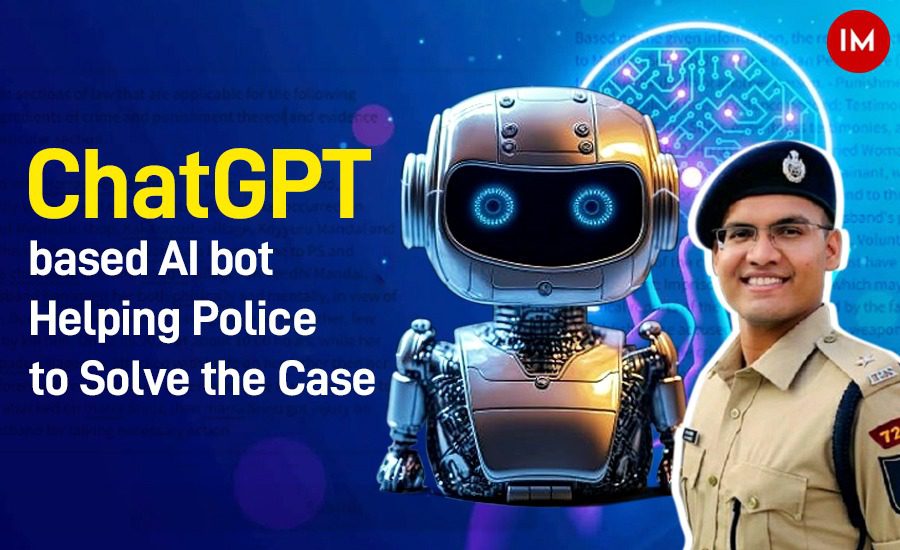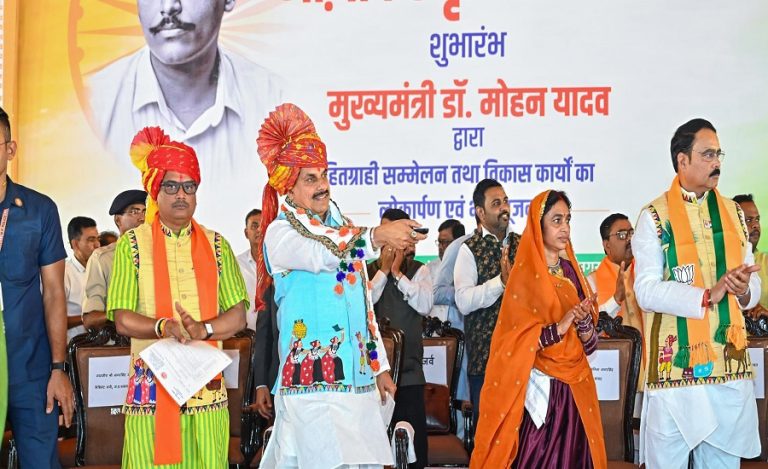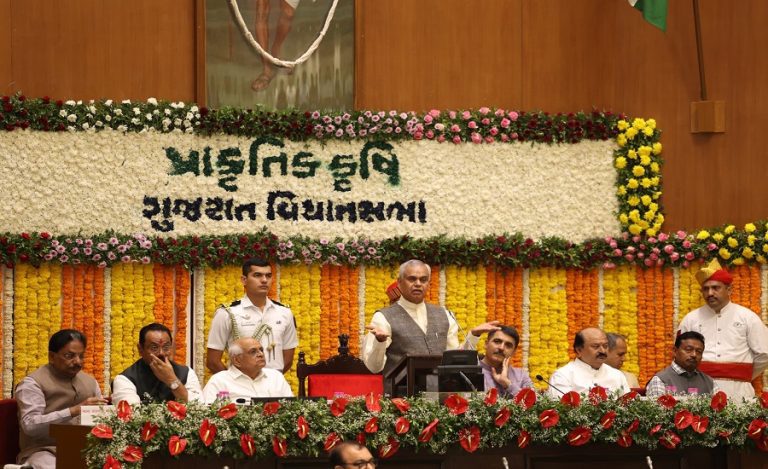Long-standing problems in the Indian criminal justice system include a lack of qualified personnel, cultural prejudices, and colonial-era inefficiencies. The need for change has been highlighted by the rising expectations for policing in terms of sensitivity and effectiveness.
To tackle such issues in the most effective manner and to introduce AI in his department, IPS officer Kishore Kommi, ASP Chintapalli, Andhra Pradesh, has designed a ChatGPT-based AI bot, that will help the police personnel to accurately analyse a case and prosecute it.
Indian Masterminds spoke with the officer to understand more about the AI bot.
AI REVOLUTION
The Generative AI Revolution is a potent force with the ability to transform the Indian police force and bring it in line with Prime Minister Narendra Modi’s vision of a SMART (Strict but Sensitive, Modern and Mobile, Alert and Accountable, Reliable and Responsive, Techno-savvy and Trained) police.
The Indian Police can increase productivity, carry out effective investigations, streamline case paperwork, and strengthen all parties within the criminal justice system by utilising the power of generative AI.
“I have built a ChatGPT-based AI bot to help my Sub-Inspectors to check relevant applicable laws and sections accurately for a given complaint while covering all the ingredients,” Mr. Kommi told Indian Masterminds.

EMPOWERING CITIZEN-POLICE INTERACTIONS
As of now, the bot can help police officers to find relevant applicable sections of law, ingredients and punishments. In the near future, the officer will keep on adding new features to the chatbot that would not only help his SIs in analyzing the cases and understanding appropriate measures that could be taken but also the victims with their pleas and case.
“It doesn’t help solve the entire case as of now, but it can in future. As of now, it can answer questions related to sections of law, punishments and a few cybercrime-related queries.”
The officer gave a very specific example to illustrate how the Chatbot will prove to be useful in the near future by giving an elaborate example: Take a person called Vandana in consideration who is a 14-year-old, subjected to abuse at school but is too shy to confide in anybody. Vandana will have a lifeline in future since AI is being used in policing. She will be able to communicate with an AI police bot in her native language and freely discuss her experience.
The first step in solving the problem will be to provide Vandana with impartial, sympathetic, and unbiased emotional assistance. The conversational AI-based bot will be programmed to serve as an experienced, sympathetic counsellor, offering advice, assuring her of her rights, and discreetly gathering pertinent information.
“Writing a complaint will be the second step, and Vandana could easily receive help from the AI bot in doing so while accurately expressing the facts she provides,” shared the officer.
ENHANCING THE INVESTIGATION PROCESS
AI as an Investigative Partner could help in improving the inquiry process’ accuracy and effectiveness. When Vandana will file her complaint, an Investigating Officer (IO) will pick up the case, and AI could offer crucial support at every stage.
AI will also propose techniques for gathering evidence, suggests laws, sections, and processes that are pertinent, identify significant witnesses for interviewing, and assist the IO in choosing the best investigative tactics.
“This artificial intelligence (AI)-powered support could help the IO create a compelling argument, ensuring that Vandana’s voice is heard and her rights and privacy are safeguarded,” Mr. Kommi said.
STREAMLINING DOCUMENTATION
A crucial part of law enforcement is documentation, which generative AI streamlines and simplifies. AI can be crucial in Vandana’s case in terms of accurately recording case logs. Artificial intelligence (AI)-based automation reduces the possibility of human error, ensures precise adherence to intricate legal procedures, and will buy the IO crucial time.
When creating the chargesheet, AI will also make sure that no significant components or pieces of evidence of the offence are missed. Officers will be able to focus their time and resources on crucial investigative tasks by automating documentation procedures. This will speed up court cases and ensure a solid case against the offenders. AI will soon become a trustworthy helper for documentation.
“This will help them in the accurate application of law and will also serve to clarify their legal doubts without the need to refer to all the books. We plan to extend it further with several other functionalities,” Mr. Kommi said.
IMPROVING CONVICTION RATES
AI will act as a Probabilistic Evaluator, providing cops with valuable insights and increasing conviction rates by prioritising cases with a better likelihood of success. In Vandana’s case, AI models trained on previously convicted cases can assess the strength of evidence, historical case outcomes, and applicable precedents to predict a successful conviction.
This AI-powered evaluation will allow the IO to make educated decisions before filing chargesheets in court. The transparent review given by AI will help to avoid the waste of critical police and court resources, resulting in a more efficient criminal justice system.
ASSISTING PUBLIC PROSECUTORS
During the trial stage, Generative AI can be of tremendous assistance to public prosecutors. AI-powered technologies can help Vandana prepare appealing arguments, analyse case precedents, and uncover potential vulnerabilities in the defence’s arguments.
AI will also help witnesses prepare by providing insights and suggestions to guarantee successful and impactful testimonies. Public prosecutors will be able to improve their courtroom performance, offer stronger legal arguments, and raise the possibility of winning convictions by embracing AI technology. AI will soon evolve into a powerful legal aid system.
CRUCIAL FOR POLICE
As India moves toward building a SMART police force, AI becomes a crucial tool in achieving the vision of a system that is strict yet sensitive, modern yet mobile, alert yet accountable, reliable yet responsive, and techno-savvy yet trained.
Police officials must develop outlets and platforms to encourage new officers to adopt AI early on, as it has enormous potential for revolutionising the Indian police force’s operation and improving police-citizen interactions.


































